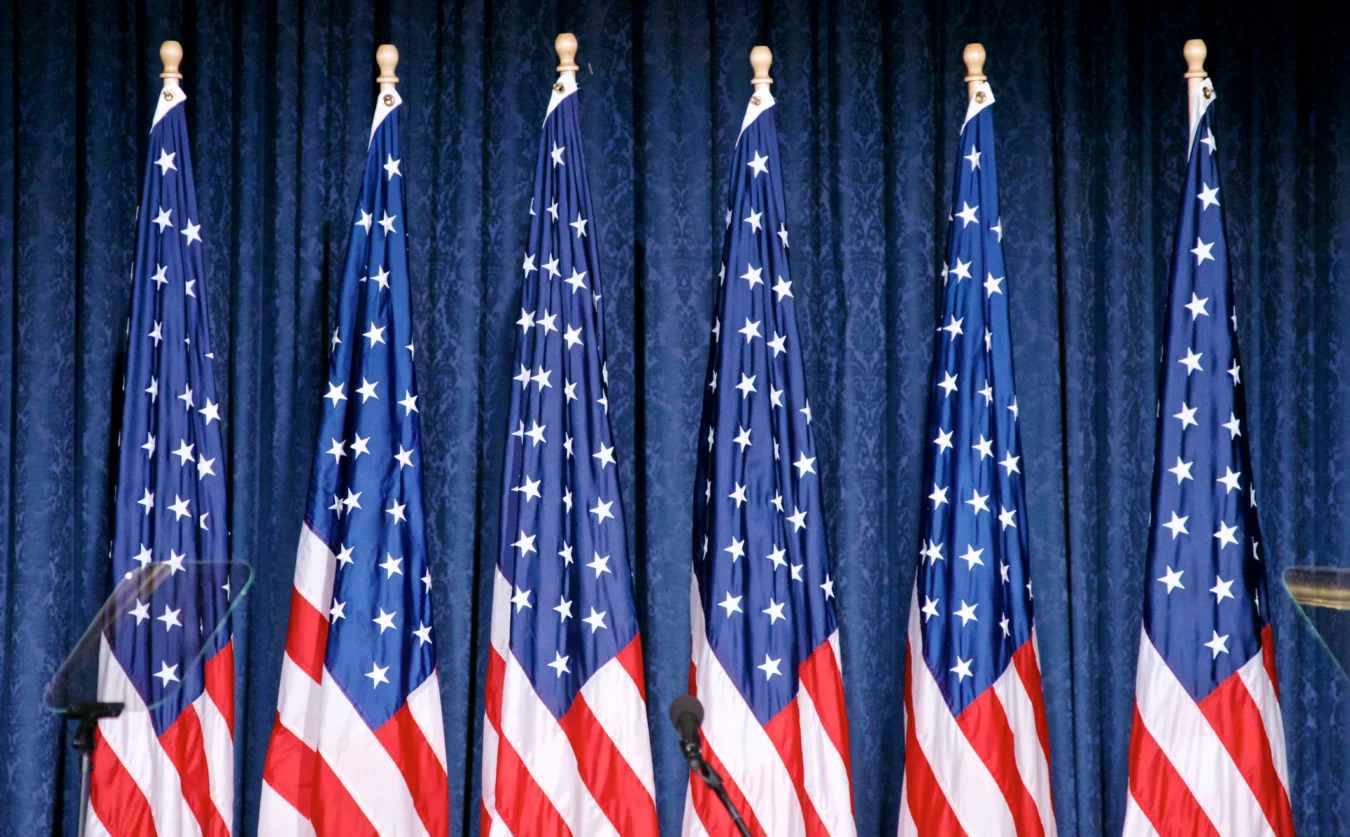
January 30, 2025
The first 10 days of the Trump administration have seen a swift and unprecedented assault on our government, our democracy, and our most vulnerable people. We asked a few of our advocates to share their thoughts on the latest developments and the effect they’re having on marginalized communities.
“After the White House issued a statement yesterday reversing Trump’s freeze on federal spending, it’s clear that his executive orders are designed to sow chaos. But we’re not bowing to confusion. And while we face an administration not built by merit but tech billionaire money, DEI is vilified under the false claim that fairness is discrimination. Our power lies in unity and community, and in our unwavering commitment to fighting for those most vulnerable to these government shifts — just as we always have.”
— LaTanya Jackson Wilson, vice president of advocacy
“Even as we focus on protecting federal grants for states around the country, we are also looking at the even bigger picture. President Trump has majorities in Congress and a very friendly Supreme Court. He could pass laws that impose disastrous cuts on our state that we simply do not have the funds to make up for. Or, as a bargaining chip, he could make state funding contingent on stringent work requirements or other awful policy conditions, which the Shriver Center and our state elected officials would strongly oppose. It’s hard to say what he’ll do exactly, but I fully expect him to test the limits of the law.”
— Jeremy Rosen, director of economic justice
“American democracy works when each lever of government respects the other. There are a number of cases filed in federal court to stop the Trump administration from violating the constitution and federal law. Normally, if someone were to ignore a federal judge, the court could enforce the decision through sanctions. If the person continued to violate the ruling, the court can deploy the U.S. Marshals Service. That famously happened in the Ruby Bridges case, where U.S. marshals escorted the young black student to school to enforce the desegregation of an all-white Louisiana public school. I worry the system could fundamentally break down if the Trump administration ignores the courts’ decisions.”
— Samir Hanna, senior attorney for housing justice
“Today, we face threats eerily similar to the re-segregation efforts of the post-Reconstruction era — an executive order dismantling federal DEI programs, a mass deportation campaign, and attempts to eliminate trans identity. Despite the uncertainty of this moment, we can draw inspiration from the resilience of leaders like W.E.B. Du Bois, Ida B. Wells, and Eugene Debs, who courageously fought for justice at a time of codified racism. Their legacy reminds us that strategic resistance equipped with the right tools is essential to advancing justice and equity in our time.”
— Aysa Gray, racial and economic justice trainer